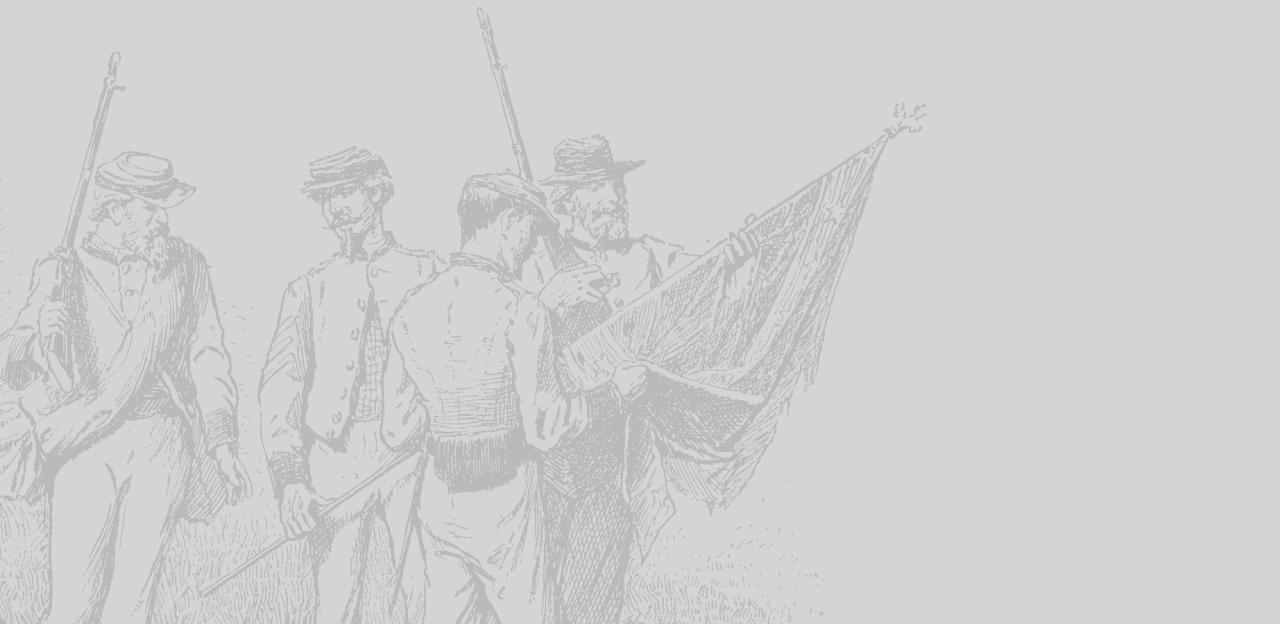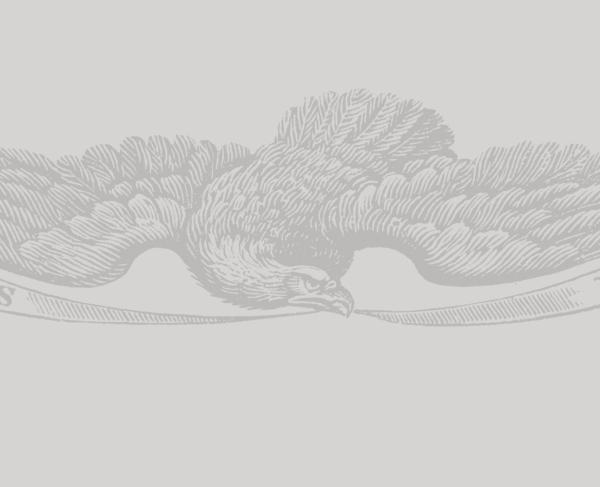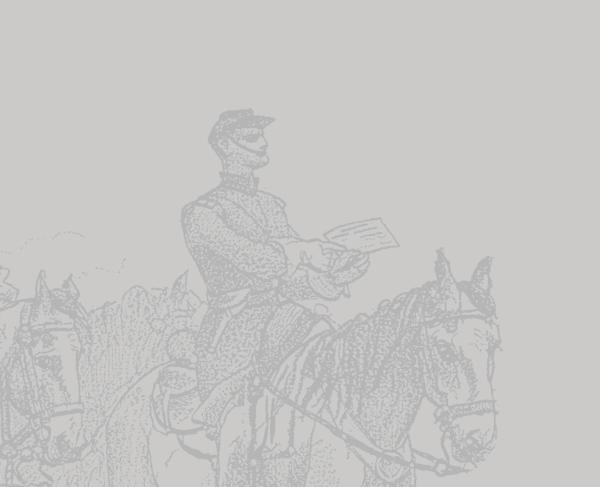"Rejoicing Over the Proclamation"

The following article appeared in a Northern newspaper chronicling the celebrations of African-Americans to the Emancipation Proclamation on January 1, 1863.
The news of the President’s great act was received with a thrill throughout the loyal North. Among men who love liberty, the rejoicings were universal. Extra newspapers were eagerly bought in the great cities, and men stopped in the streets to read the decree. The general joy was augmented by the simultaneous intelligence of the victories in Tennessee and Mississippi. Altogether, the New Year began with a general burst of enthusiasm. May the year establish Liberty, and crown it with Peace.
In New York, several congratulatory meetings have been held. The Abyssinian Baptist (colored) church gathered a jubilant audience on Friday evening. Several clergymen, among whom were Rev. Messrs. Cary and Spellman, made addresses. Mr. George T. Downing added some remarks. The meeting closed with cheers for Horace Greeley, Win. Lloyd Garrison, Dr. Cheever, and others, and with the song “John Brown.” On Monday evening the “Sons of Freedom,” an association of colored people, held a public celebration in Cooper Institute, the great hall was crowded to suffocation, mostly by negroes, whose appearance and behavior might well put their white-faced traduces to shame. Rev. H.H. Garnet presided with dignity, reading the Proclamation, and making a most appropriate and eloquent address. Having finished the reading of the Proclamation, he said, “My friends, we must remember that it is God who has brought about this great event. Let us, first of all, rise to our feet, and stand in solemn reverence and thankfulness before him.” The whole assembly rose. “Now, then,” said Mr. Garnet, “let us give three cheers for the President of the United States.” They were given with a will, and followed successively by cheers “for our native land,” for the Stars and Stripes, for the Abolitionists, and for Horace Greeley. The prayer of the occasion – a prayer of thanksgiving to God for the freedom of 3,000,000 slaves – was offered by Rev. J.T. Raymond, pastor of the Abyssinian Baptist church. Addresses, earnest, appropriate, and stirring, were delivered by Dr. Cheever, Prof. W.J. Wilson, Lewis Tappan, Rev. Richard K. Cain, William Wells, Brown, and others. The music, instrumental and vocal, was by a colored band and choir, under the direction of Mr. Thomas Hamilton. The whole proceedings were very interesting, exciting, and impressive.
In Brooklyn, a meeting of the colored people and their friends was held in Bridgestreet church. The pastor, Rev. J.N. Gloucester, presided; the congregation sang the old hymn.
“The year of jubilee has come.”
And addresses were made by William Wells Brown, Theodore Tilton, and Rev. R.M. Hatfield. The platform was decorated with American flags, and across the stage was suspended a banner bearing the following inscriptions: “Our country and the day we celebrate;” “Emancipation in 1827, New York state;” “Emancipation in 1834, in the British West Indies.” In the center was the figure of a slave bearing the British flag, and another just relieved of his shackles. On either side was a representation of Wilberforce and Clarkson. In front of the gallery occupied by the choir, the following Scriptural quotation was displayed: “Inasmuch as ye do it unto the least of these my little ones, ye do it unto me.”
In Rochester, commemorative exercises were held on Sunday of a religious character. After prayer and singing, addresses were made by A.M. Powell of Ghent, N.Y., G.B. Stebbins of Rochester, and others. The gathering was large, and the enthusiasm deep and earnest.
At Orange, N.J., many of the private dwellings were illuminated, including the residence of Rev. George B. Deacon, pastor of the Congregational church.
In Boston, on New Year’s Day appropriate exercises were held in anticipation of the Proclamation. A jubilee concert was given in the afternoon at which Josiah Quincy, Jr., presided and made a speech, and Ralph Waldo Emerson read an original poem. After vocal and instrumental music, according to the program, Dr. O.W. Holmes’ army hymn was sung, with the following stanza added by the author, to make it suitable for the occasion:
No more its flaming emblems wave/ To bar from hope the trembling slave; No more its radiant glories shine/ To blast with woe a child of Thine!
At Tremont Temple a meeting was held, continuing throughout the day and evening. Wm. C. Nell presided. Addresses were made by Rev. Dr. Kirk, Dr. J. B. Smith, William Wells Brown, Rev. James Freeman Clarke, Frederick Douglass, Miss Annie E. Dickinson, and several others. In the evening when the Proclamation came to hand, Charles W. Slack read it to the audience, who received it with uproarious applause, shouting, tossing up their hats, rapping on the floor with their canes, and singing “Blow ye the trumpet, blow.” Rev. Mr. Waterston offered a prayer which touched all hearts. Then followed shouts of “Glory to God in the highest;” and “Hallelujah!” After the meeting was dismissed, many of the audience went to the Twelfth Street Baptist Church, which had been opened during the evening, where a large congregation had assembled to wait for the Proclamation.
In Worcester, Washburn Hall threw open its doors to a rejoicing audience, and a spirited meeting was held; addressed by Rev. Messrs. Smith, Richardson, Whitney, and Brown.
At Chicago, as our Western correspondent “P” reports, the colored people celebrated the gladsome New Year’s Day with appropriate public festivities – feeling sure of the coming of the Proclamation, before it was issued.
At Washington, a great flock of contraband – men, women and children assembled at the headquarters of Superintendent Nichols, and engaged in a variety of congratulatory exercises. They sang the “Negro Boatman’s Song” with a volume of voice that could be heard miles off. An old man arose and said, “I’m free now the Lord Jesus has made me free!” then followed the song, “Let my people go” – sung with a thrilling effect, and another, “There will be no more taskmasters.” A colored preacher, familiarly called John the Baptist, and other speakers occupied the afternoon with addresses, interspersed with hymns. At seven in the evening, a bell-man, rang a bell, calling the people together for the reading of the Proclamation. After the reassembling prayer was offered by an aged contraband in these words:
“We ‘seech thee, O Lord! To ‘member the Union army, support dem on de right and left to carry on by work. Go before dem like a burning lamp. ‘Member de President, de sea sailors and land trabbelers; ‘member me, de meanest of dem all. Write us a ticket, and give us free admission to heaven. Amen.”
During the reading of the Proclamation, explanations were made showing the different portions of Virginia in which Freedom was declared when many of the contrabands recognizing their native counties, cried out, “That’s me,” “I’m free,” “That means this child,” “Bless de Lord for that.” The remainder of the evening was spent in exhortations, prayers, hymns, joyful exclamations, and blessings on Mr. Lincoln. It was a scene never to be forgotten by any who witnessed it.
In South Carolina, at Beaufort, a celebration of the negroes was held in a live-oak grove, Gen. Saxton, Chaplain French, Col. Higginson, Mrs. Frances D. Gage (The Independent’s correspondent,) and others, in addition to the colored people, took part in the exercises. A set of colors, the gift of Dr. Cheever’s church of New York, was presented to the negro brigade. A barbeque followed, consisting of twelve roasted oxen. The health of the President was drunk in molasses and water by the humble people whom he so greatly blest.
One hundred guns were bred on Boston Common, in Albany, Pittsburg, and other cities throughout the North, and far to the West, in San Francisco – whither the joyful news was flashed over the wires, reaching an expectant people as soon as in those cities which stand as nearer neighbors to Washington.
In addition to the above, many other demonstrations were made, in various Northern cities, of which we have no room here to make chronicle; nor have space for mentioning any of the innumerable references to the Great Event which were made in the Churches on the first Sunday of the year. The only regret which mingles with the general joy is for the omissions which the President thought prudent to make. But the conviction already prevails that, if Providence shall now give victories to our arms, the entire system of American Slavery will be speedily extinct – cleansed like a stain from the face of the land! God hasten the hour!

